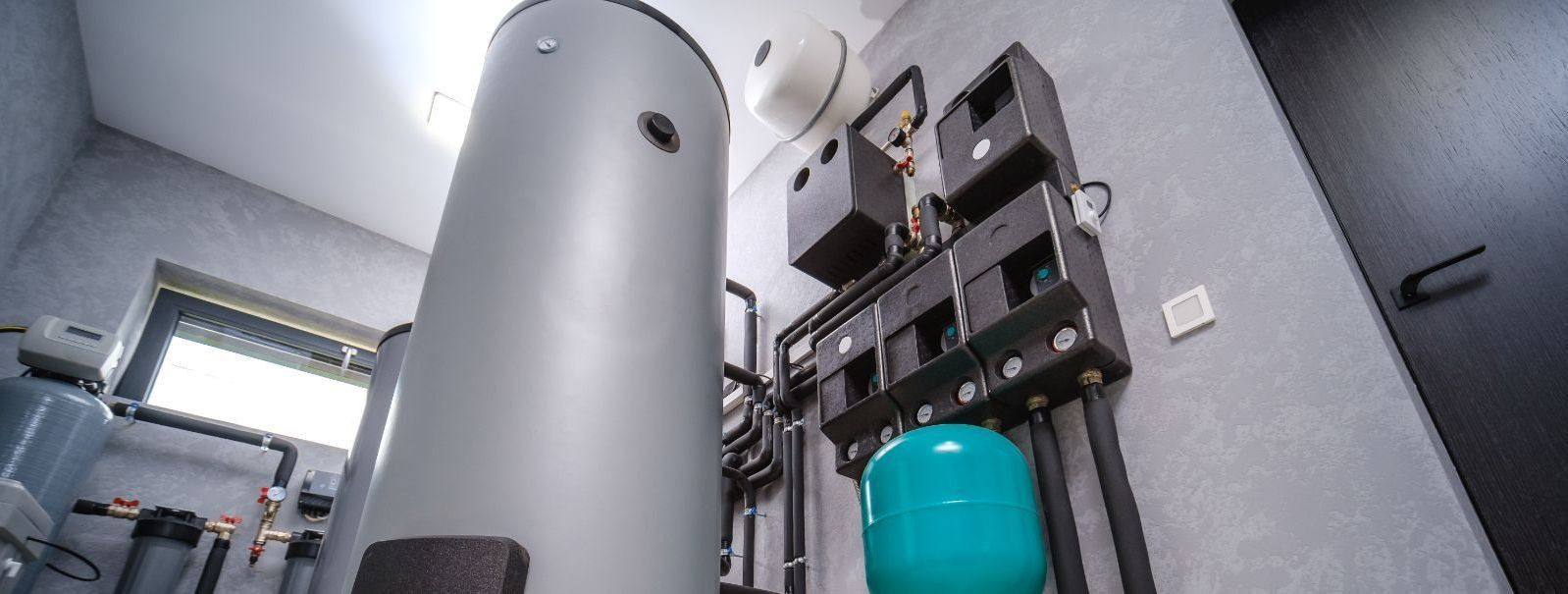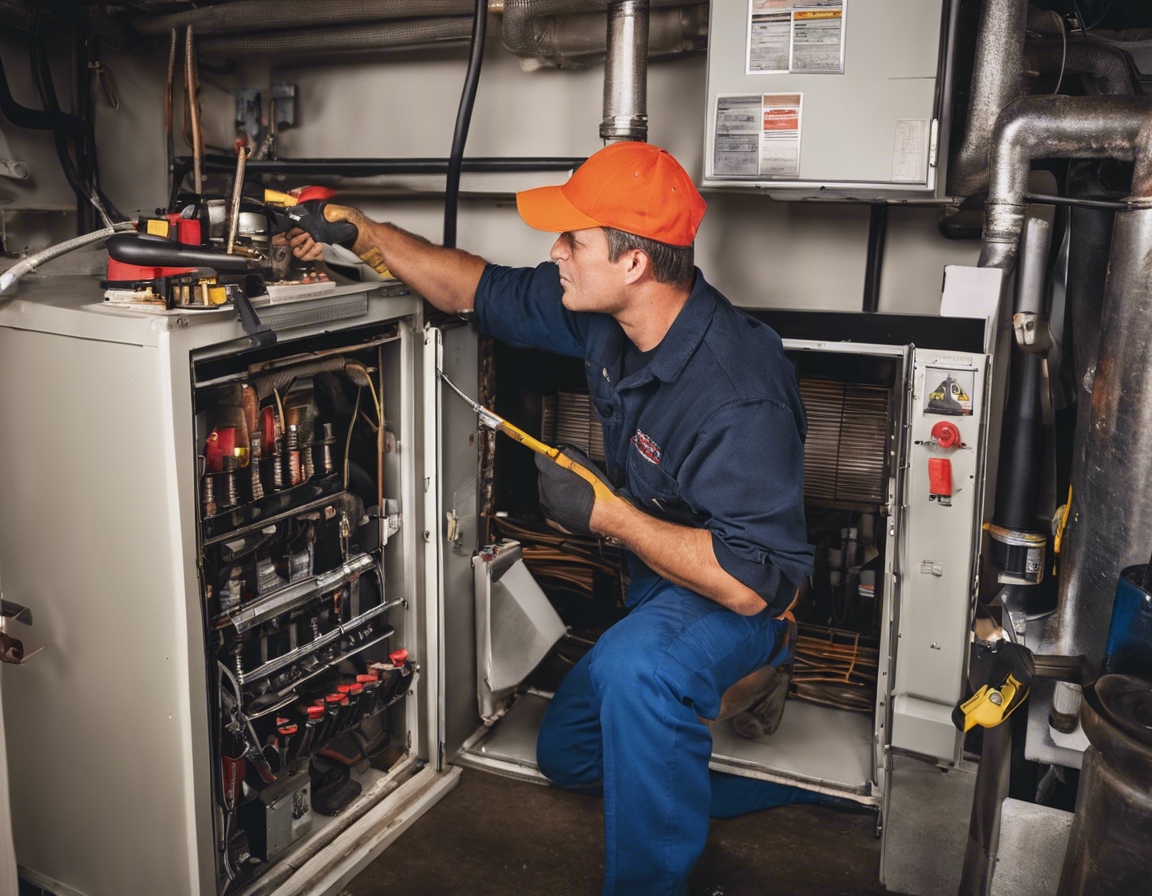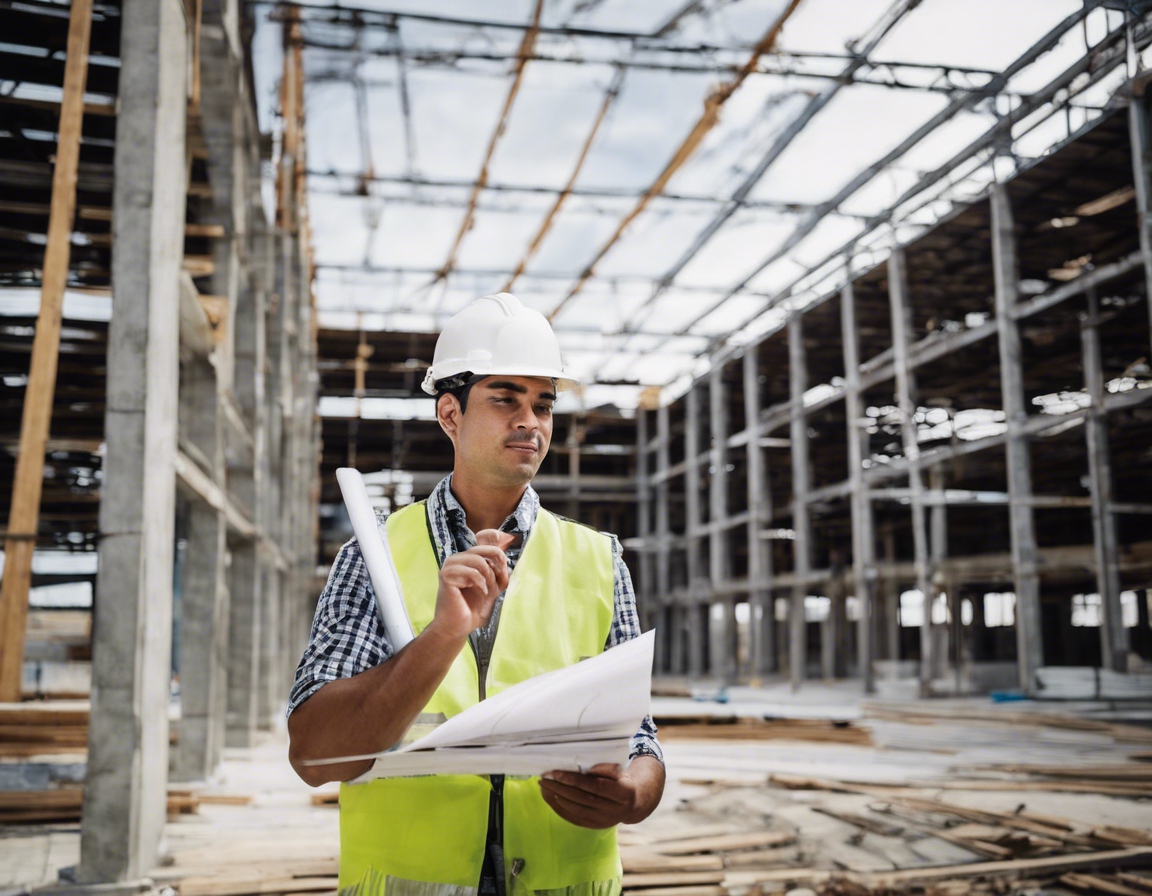The homeowner's guide to energy-efficient heating
Energy efficiency in heating refers to using less energy to provide the same level of comfort in your home. It's about optimizing your heating system to reduce waste, lower energy consumption, and ultimately save on utility bills. Energy-efficient heating systems are designed to use the least amount of energy possible while maintaining comfortable indoor temperatures.
With rising energy costs and growing environmental concerns, energy-efficient heating is more important than ever. It not only helps homeowners save money but also contributes to reducing the carbon footprint of residential buildings. Efficient heating systems are a key component in creating sustainable homes and combating climate change.
Types of Energy-Efficient Heating Systems
Forced air systems, when equipped with high-efficiency furnaces, can be a cost-effective and energy-efficient option. They work by distributing heated air through ductwork and are compatible with smart thermostats for better energy management.
Heat pumps are versatile systems that provide both heating and cooling. They transfer heat from the outside air or ground into your home and are incredibly efficient, especially in mild climates.
Hydronic systems, also known as radiant heating, use heated water to warm up floors, walls, or radiators. This type of heating is efficient because it eliminates the need for fans and ducts, reducing heat loss.
Solar heating harnesses the power of the sun to heat your home. It can significantly reduce reliance on traditional energy sources, though it often requires a supplementary heating system for cloudy days and nighttime.
Geothermal systems use the stable temperature of the earth to heat and cool your home. They are highly efficient and can result in substantial energy savings over time, despite higher initial installation costs.
Key Components of an Energy-Efficient Heating System
Modern high-efficiency furnaces and boilers are designed to convert almost all the fuel to useful heat. Look for units with an Annual Fuel Utilization Efficiency (AFUE) rating of 90% or higher.
Programmable thermostats allow you to set heating schedules based on your lifestyle, ensuring that you're not wasting energy when you're not home.
Smart heating controls take programmable thermostats to the next level, offering remote access and learning your heating preferences over time for optimal energy use.
Effective insulation and sealing are crucial for maintaining a warm home without excessive energy use. They prevent heat loss through walls, roofs, and windows, making your heating system more efficient.
Zoning systems allow you to heat different areas of your home to different temperatures, which can lead to significant energy savings by heating only the spaces that are in use.
Best Practices for Maintaining an Energy-Efficient Heating System
Regular maintenance is essential for keeping your heating system running efficiently. This includes cleaning or replacing filters, checking for duct leaks, and having professional tune-ups.
Upgrading your home's insulation can improve the efficiency of your heating system by keeping the warm air inside and reducing the need for the system to work harder.
Investing in energy-efficient windows or using window treatments like thermal curtains can further reduce heat loss and improve your home's overall energy efficiency.
Ceiling fans can be used in reverse during the winter to push warm air down and help distribute heat more evenly throughout your home.
A professional energy audit can identify areas where your home is losing energy and provide recommendations for improvements to your heating system and home insulation.
Financial Incentives and Rebates
Many governments offer incentives for homeowners to upgrade to energy-efficient heating systems, such as grants, loans, or rebates.
Utility companies often provide rebates for the installation of energy-efficient heating equipment or for conducting energy audits.
Tax credits and deductions can be available for energy-efficient home improvements, including heating system upgrades, which can help offset the initial costs.
Choosing the Right Contractor for Your Energy-Efficient Heating System
When selecting a contractor, it's important to choose one with the right qualifications and experience in installing energy-efficient heating systems.
A reputable contractor will assess your specific heating needs and recommend the best system for your home, considering factors like climate, home size, and existing insulation.
It's advisable to get multiple quotes and compare services from different contractors to ensure you're getting the best value for your investment in an energy-efficient heating system.






Comments (0)